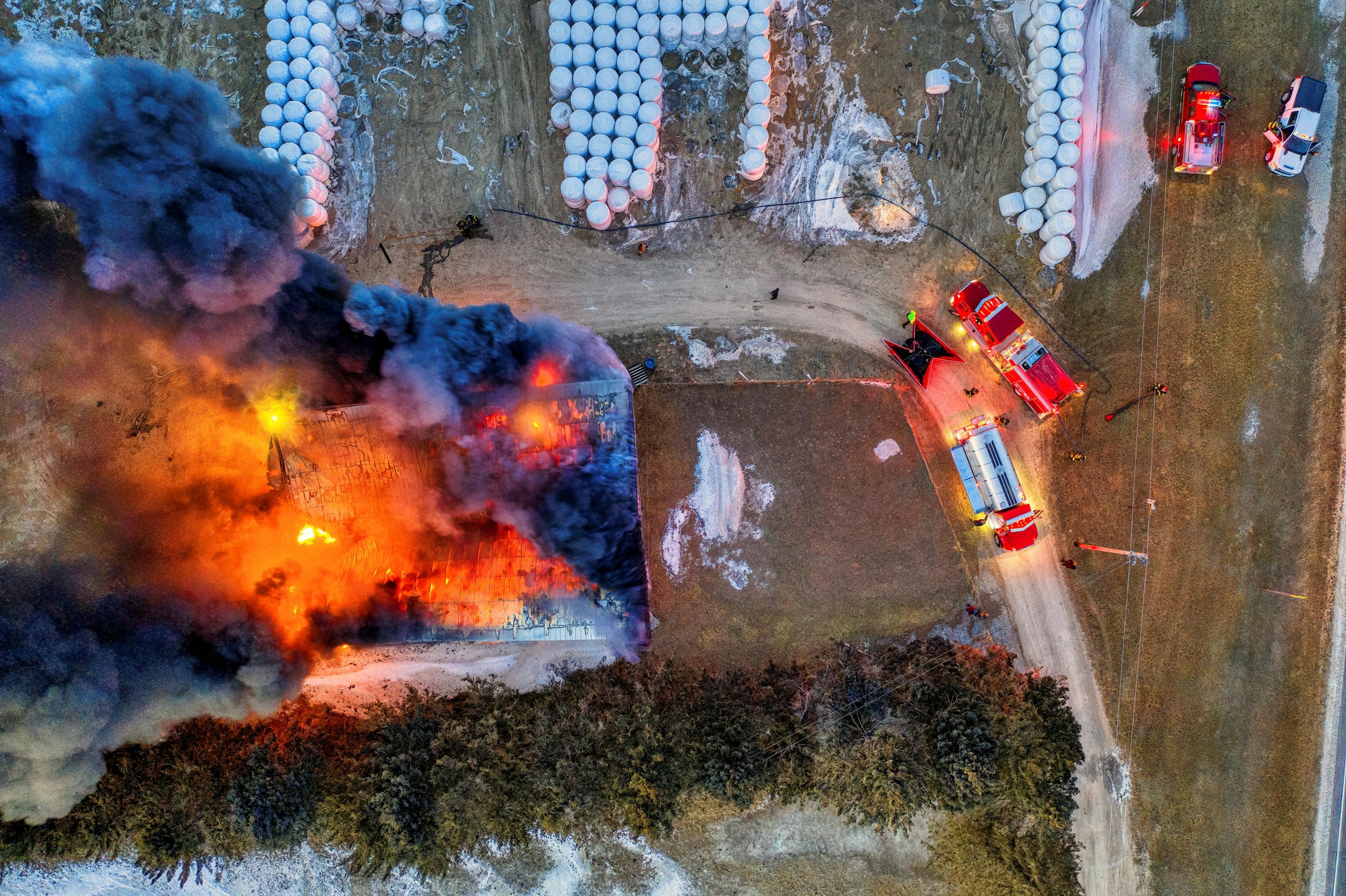Insuring a Home and Vehicle in High Fire Risk Areas: The Risks of Filing Claims for Accidents
In high-risk fire zones, residents often face complex insurance challenges, especially when an incident impacts both their property and vehicles. Recently, a homeowner shared a scenario where her mother-in-law’s Ford Powerstroke diesel truck was mistakenly topped off with gasoline at a service station. Unaware of the mistake, she drove approximately 60 miles home before realizing the issue. Given the sensitive nature of diesel engines, and the potential for significant damage—such as complete fuel system failure due to inadequate lubrication—the vehicle now faces costly repairs.
Compounding the situation is the fact that the vehicle is insured under the same policy as the homeowner’s residence, which is situated in an area known for its elevated fire risk. The homeowner’s insurance provider had previously sent a notice regarding fire danger, and now there’s concern about how filing a claim might influence future coverage.
The question arises: Is it common for insurance companies to cancel or blacklist policies and properties following a vehicle repair claim related to fire risk? The homeowner mentions only one prior claim—covering damage from a fallen tree five years ago—and is worried that making a claim now could jeopardize her coverage, especially given her mortgage situation.
This case highlights the delicate balance property owners in high-risk zones must navigate. Filing insurance claims for damages can sometimes result in increased premiums or even policy cancellations, particularly if insurers perceive a higher fire risk or have strict policies regarding claims related to such dangers.
If you reside in an area prone to wildfires or other natural hazards, it’s essential to understand your insurer’s policies and the potential long-term implications of filing claims. Consulting with your insurance provider or a coverage expert can help you make informed decisions that protect both your property and your peace of mind.
Key Takeaways for Homeowners in Fire-Prone Areas:
- Understand your policy’s stance on claims related to fire risk and vehicle damage.
- Consider the potential impact of claims on future insurability.
- Maintain clear records of incidents and communications with your insurer.
- Explore additional coverage options or specialized policies suited for high-risk environments.
Navigating insurance in high fire danger zones can be complex, but being proactive and informed helps ensure you’re prepared for unexpected incidents without jeopardizing your coverage.



